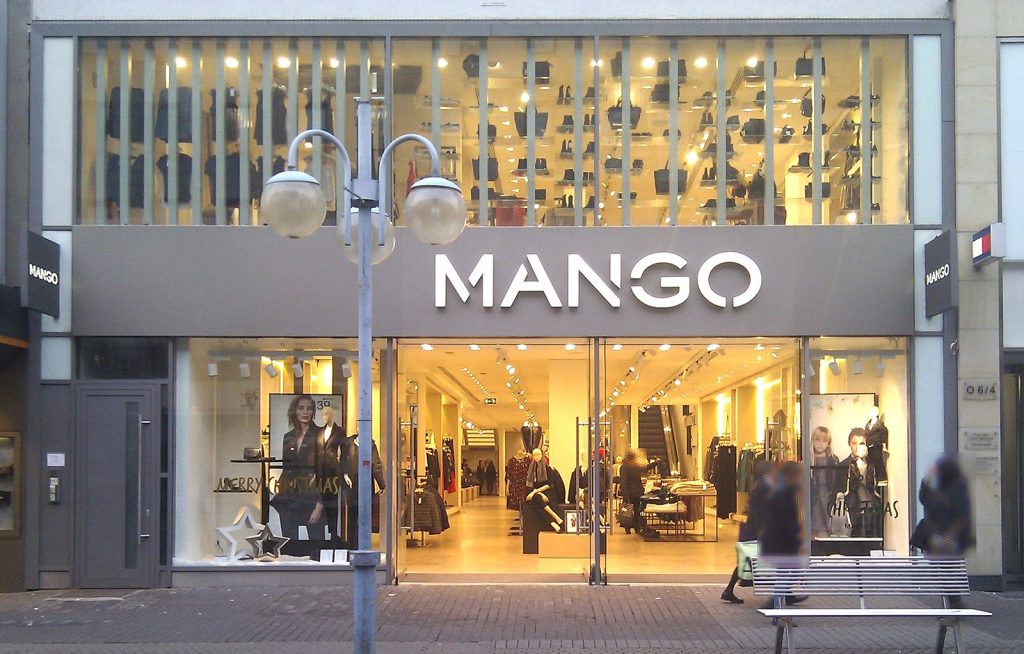First-mover Advantage: Mango is the first brand to adopt Circulose® fibres made from 100% recycled cotton-rich textiles since the company’s restart.
Strategic Sustainability Milestone: The partnership advances Mango’s 2030 goal to use only lower-impact fibres and scale circular design practices.
Systemic Innovation: Circulose® replaces virgin raw materials like wood pulp, contributing to a closed-loop textile production system.
Mango has partnered with Swedish material innovator Circulose®, becoming the first brand to integrate its regenerated cotton-based fibres into production since Circulose’s restart. The move positions Mango as a sustainability front-runner in fashion and furthers its goal of adopting a fully circular model by 2030.
“This collaboration marks a step on our sustainability roadmap as we strive to exclusively use fibres with lower environmental impact by 2030,” said Andrés Fernández, Mango’s Sustainability and Sourcing Director. “It reflects our commitment to fostering a more circular and responsible fashion ecosystem, where innovation and environmental stewardship go hand in hand.”

Circulose® is made entirely from discarded cotton-rich textiles and functions as a dissolving pulp that replaces virgin materials like wood pulp or cotton. It can be transformed into regenerated fibres—such as viscose, lyocell, modal, and acetate—and then used in new high-quality textile products.
RELATED ARTICLE: H&M Group, DBS Pioneer Green Loan Program to Decarbonize Fashion Supply Chains
Jonatan Janmark, CEO of Circulose, emphasized the strategic value of the collaboration: “We’re proud to welcome Mango as a Circularity Scaling Partner and inspired by the brand’s bold ambitions. As part of our new strategy to deliver a full circularity solution, we’re excited to work closely with Mango to efficiently integrate Circulose® at scale into its supply chain.”

The partnership is a key pillar of Mango’s 2030 sustainability strategy, which aims to decarbonise its supply chain, enhance circular design, and scale the use of low-impact materials. This follows Mango’s recent initiatives including a circular denim collection, its Re-Viste clothing take-back program in Spain, and garments made from regenerative agriculture cotton and innovative fibres such as seaweed blends.
By committing to transparency, traceability, and innovation at scale, Mango is charting a course for a more sustainable and responsible fashion industry—one fibre at a time.
Follow ESG News on LinkedIn

